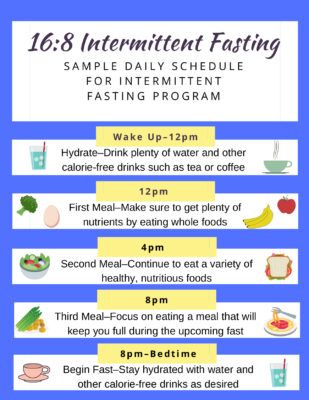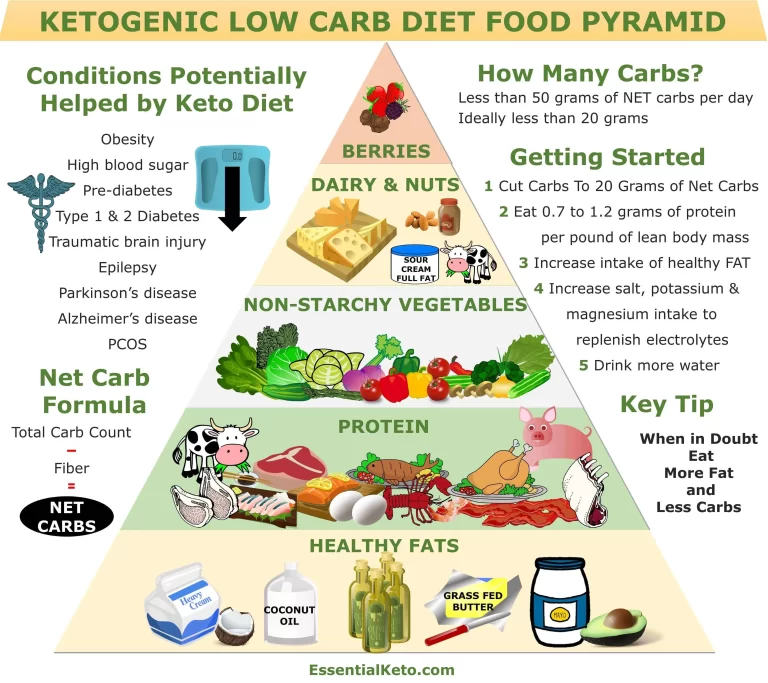Intermittent fasting (IF) has become increasingly popular in recent years as a weight loss and health maintenance strategy. This article aims to provide a comprehensive guide to the safe and effective practice of intermittent fasting.
What is Intermittent Fasting?
Intermittent fasting is an eating pattern where individuals cycle between periods of fasting and eating. Unlike other diets that focus on what foods to eat, intermittent fasting focuses on when to eat.
The Different Methods of Intermittent Fasting
1. 16/8 Method: This method involves fasting for 16 hours and restricting your eating window to 8 hours. Most individuals skip breakfast and eat their first meal around noon.
2. Eat-Stop-Eat Method: This method involves fasting for 24 hours once or twice a week. For example, you may choose to eat dinner one night and then not eat anything until dinner the next day.
3. The 5:2 Diet: This method involves fasting for two non-consecutive days each week and eating normally for the remaining five days. On fasting days, individuals limit their calorie intake to 500-600 calories.
The Benefits of Intermittent Fasting
1. Weight Loss: Intermittent fasting can help individuals reduce their calorie intake and promote weight loss. It can also lead to a reduction in body fat percentage, especially when combined with a healthy diet and regular exercise.
2. Improved Insulin Sensitivity: Intermittent fasting can improve insulin sensitivity, which is crucial for blood sugar regulation. This may lead to a decreased risk of type 2 diabetes.
3. Cellular Repair: During fasting periods, the body initiates a process called autophagy, which allows for the removal of damaged cells and promotes cellular repair and rejuvenation.
4. Brain Health: Some studies suggest that intermittent fasting may have beneficial effects on brain health by enhancing cognition and reducing the risk of neurodegenerative diseases such as Alzheimer’s.
Important Considerations Before Starting Intermittent Fasting
1. Consult a Healthcare Professional: It is essential to consult with a healthcare professional before starting any new dietary practice, especially if you have underlying health conditions or are taking medications.
2. Choose an Appropriate Method: Select an intermittent fasting method that suits your lifestyle and preferences. Experiment with different approaches to find what works best for you.
3. Stay Hydrated: Drink an adequate amount of water during fasting periods to prevent dehydration.
4. Listen to Your Body: Pay attention to your hunger cues and energy levels. Adjust your fasting schedule if necessary.
Tips for a Successful Intermittent Fasting Experience
1. Start Slowly: If you are new to intermittent fasting, begin with shorter fasting periods and gradually increase the duration as your body adapts.
2. Focus on Nutrient-Dense Foods: When you do eat, prioritize nutrient-dense foods such as fruits, vegetables, lean proteins, and whole grains to ensure you are getting essential nutrients.
3. Stay Active: Regular exercise can complement the benefits of intermittent fasting. Incorporate both cardiovascular and strength training exercises into your routine.
4. Maintain Consistency: Consistency is key when practicing intermittent fasting. Try to stick to your fasting and eating schedule as much as possible.
Potential Risks and Side Effects of Intermittent Fasting
1. Hunger and Cravings: During fasting periods, some individuals may experience hunger pangs and food cravings. These usually subside as the body adjusts to the new eating pattern.
2. Disordered Eating Patterns: In some cases, intermittent fasting can lead to an unhealthy relationship with food or trigger disordered eating behaviors. Individuals with a history of eating disorders should approach intermittent fasting with caution and seek guidance from a healthcare professional.
3. Nutrient Deficiencies: If not planned carefully, intermittent fasting could result in nutrient deficiencies. Ensure that your meals during eating windows are well-balanced and provide all the necessary nutrients.
Conclusion
Intermittent fasting is a popular dietary strategy with potential benefits for weight loss, improved insulin sensitivity, cellular repair, and brain health. However, it is essential to approach intermittent fasting safely and carefully, consulting with a healthcare professional and considering individual lifestyle and preferences. With the right guidance and mindful choices, intermittent fasting can be a safe and effective practice to incorporate into your lifestyle.








